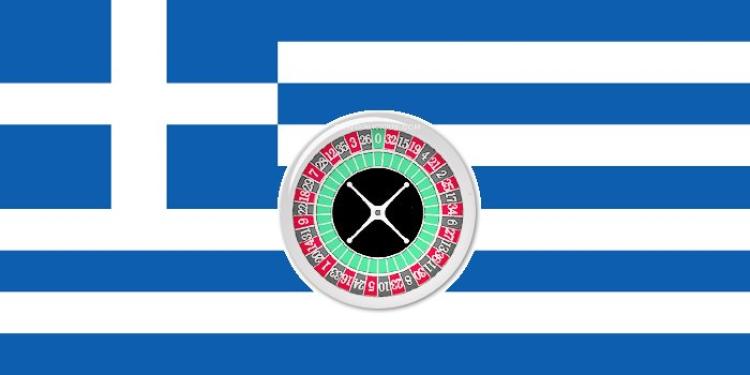Greek Gambling Market Perking Up After Disastrous 5 Years
Posted: May 6, 2015
Updated: October 6, 2017

Last year, the average gambler spent 7.5% more than they did for the past years which is equivalent to about €187.
2015 comes with good news for the Greek gambling industry, according to the Greek’s Gaming Oversight and Control Commission (EEEP). With the gambling turnover on the rise since its slump which started in 2009, the Greek gambling market, may just be picking up. In 2014, bettors played online casinos in Greece and in land-based casinos which generated a total of EUR 5.9 billion. This is equivalent to 9% increase over the amount generated in 2013’s overall total.
However, the casino gaming turnover had decreased to EUR 1.6 billion, after losing potential revenues amounting to EUR 100m. So the gambling operators and the government remain wary. For even with this streak of luck in 2014, the revenue is still well off the EUR 8.7 billion mark that the Greeks wagered in 2009. This preceded the big slump in the Greek’s economy which got them in hot water with the European Union.
Greeks gamble EUR 5 billion annually in illegal gambling rigs
To get themselves out of the mess, the Greek government, under Greek gambling laws, opted to claim a whopping EUR 525 million from the Greek gambling operators. Greek betting monopoly OPAP, which was previously government-owned, saw profit increase 26% in the third quarter of 2014. This was due to less spending and increased gambling from consumers with regards to sports betting and scratch card products.
It generated EUR 3.8 billion of total wagers in 2014. It’s Hellenic Lotteries subsidiary also generated EUR 500 million. Of this amount, EUR 88.4 million was thanks to the sale of scratch cards. OPAP is thus responsible for the input of 72% of total revenue in the Greek gambling industry. The government recently divulged its intention to issue additional gambling licenses in order to allow online betting in to get EUR 500 million more, from gambling revenues. This step is also in a bid to curb illegal gambling which sucks up around EUR 5 billion annually.












